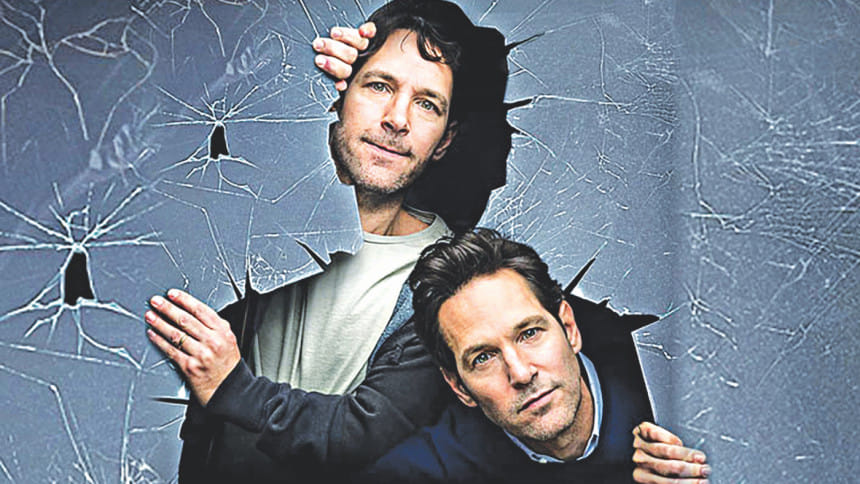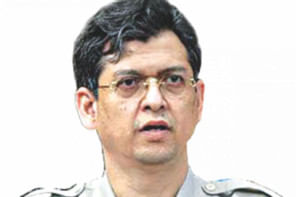Fresh Take on Human Cloning

Season One of a new Netflix Original series, Living with Yourself, starring Paul Rudd, was released on October 18. The show deals with human cloning gone wrong and all the hilarity that follows. Given my bias for the lead, who I admit I absolutely adore, I had high hopes for the show and was not disappointed.
Going in, I was expecting this to be another “Okay, we’ll share this one life, do what each of us does well, and no one will find out” series, with the usual tropes thrown in. My love for Paul Rudd meant I was expecting to be entertained regardless of the predictability of the storyline. What I was not expecting was to be almost screaming at the end of each episode with the new unexpected turn the show had taken. This show went beyond the usual assumptions and played around with scenarios which others wouldn’t dare because they make things more complicated or the storyline exceptionally difficult to write. However, in the chaos created by breaking out of the “laws” generally associated with such shows is where Living with Yourself thrives.
Every episode ends on a cliff-hanger, characteristic of many Netflix originals, but unlike certain others, it doesn’t feel forced. The insanity keeps compounding as the story moves forward, and the characters pleasantly surprise you by taking the story to unanticipated avenues. Whether it’s an Asian man with a fake accent revealing his real one, or a clone uncharacteristically disclosing key secrets to outsiders, the show takes turns into previously unchartered territory.
The episodes constantly change perspectives between the real Miles and the cloned Miles, filling us in on how the day went from their separate perspectives. For one episode the perspective is shifted to Miles’ wife, played by Aisling Bea, and it allows us a much-appreciated third person perspective into the madness. The relationships that evolve in the story with time have a lot of heart about them, making us really feel for the characters and their predicament.
The one aspect that I found lacking was how little they go into the technical aspects of the cloning procedure itself, but then again, that wasn’t really what the story was about. If you are looking for a futuristic sci-fi series that explores the technological sides of a story featuring clones, this isn’t the show for you. The show is purely focused on human behaviour and relationships. Both versions of Miles feature as protagonists, and there is no fixed good-bad dynamic, which is exactly what makes the show enjoyable.
Rabita Saleh is a perfectionist/workaholic. Email feedback to this generally boring person at [email protected]

 For all latest news, follow The Daily Star's Google News channel.
For all latest news, follow The Daily Star's Google News channel. 



Comments